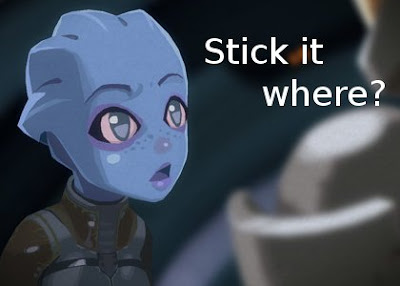
Games Politics
You might find it alarming that one of the top reasons for college drop-outs in the U.S. is online gaming addiction - such as World of Warcraft - which is played by 11 million individuals worldwide.
Obviously World of Warcraft is referenced specifically for it's notority, but it is very clever in it's way of opening up the fears of and concerns of parents at it's mere utterance. Of course this reminds me of the parody of similar concerns of a more primative version of a similar form of escapism
Although I applaud her serious interest in the importance of broadband internet for the US I will have to punch a few holes in this particular statement for a moment.
First of all, there are a number of more pressiong and real reasons which college students drop out
Secondly, I would say from even looking at the trends published by the US Department of Health and Human Services
So what was the purpose of this statement. It seemed to me that the role of the FCC has always been whatever the commissioner at the time deemed it to be. When Micheal Powell (a fellow alumn of mine) was at the helm, he was more concerned with business practices and fair ownership of airwaves. Deborah Taylor Tate has been the "Children's Commissioner", we have to remember that she is the same person who convinced the "Cookie Monster" that cookies were a sometimes food











